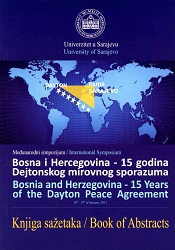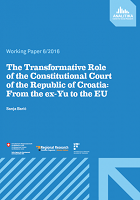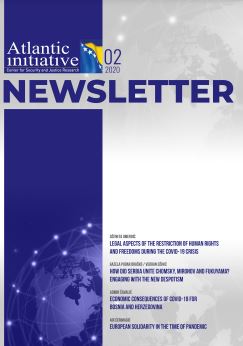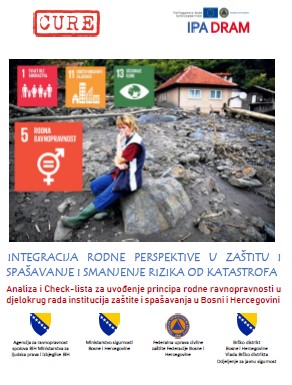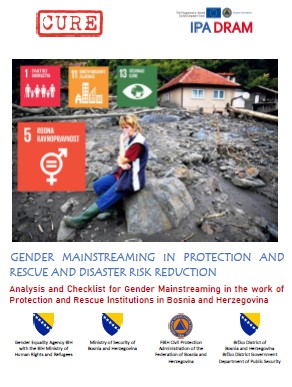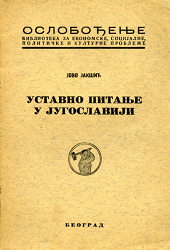
Уставно питање у Југославији
A lot is being said and written about the Croatian issue. Many ask themselves and others: what is the Croatian question? No matter how well a person was informed about this issue, and no matter how well-intentioned he was, this question cannot be answered in a few words. Because, the Croatian question, in fact, means the Constitutional question of the whole country, the most important part of the question. In the history of nations and states, numerous constitutional struggles have been waged between individual classes, classes, dynasties, peoples and regions. But guided in on special occasions and other times, each of these struggles had something special, and could not be fully compared with the constitutional struggle of another time, or another people.
More...
